Last updated on April 12th, 2023 at 03:52 pm
Every day I wake up, I am so extremely grateful for nature, and if you look around you, everything you need to thrive and live a vibrant life is right at your fingertips. All you have to do is accept it and use it. There are so many beautiful and in-summer season foods for sun protection – just waiting to be embraced and enjoyed.
The sun has gotten such a bad wrap over the years. Overall, it saddens me that the indoctrination to fear the sun runs deep instead of being educated in safe, healthy, and life-giving sun exposure.
It always blows my mind that healthy fats like grass-fed butter and organic coconut oil can help protect your skin against sunburn. I know it sounds crazy, but it is true. Foods for sun protection are a thing – so eat your sunscreen.
Nourish your body with healthy foods for sun protection; they will protect you from the inside out.
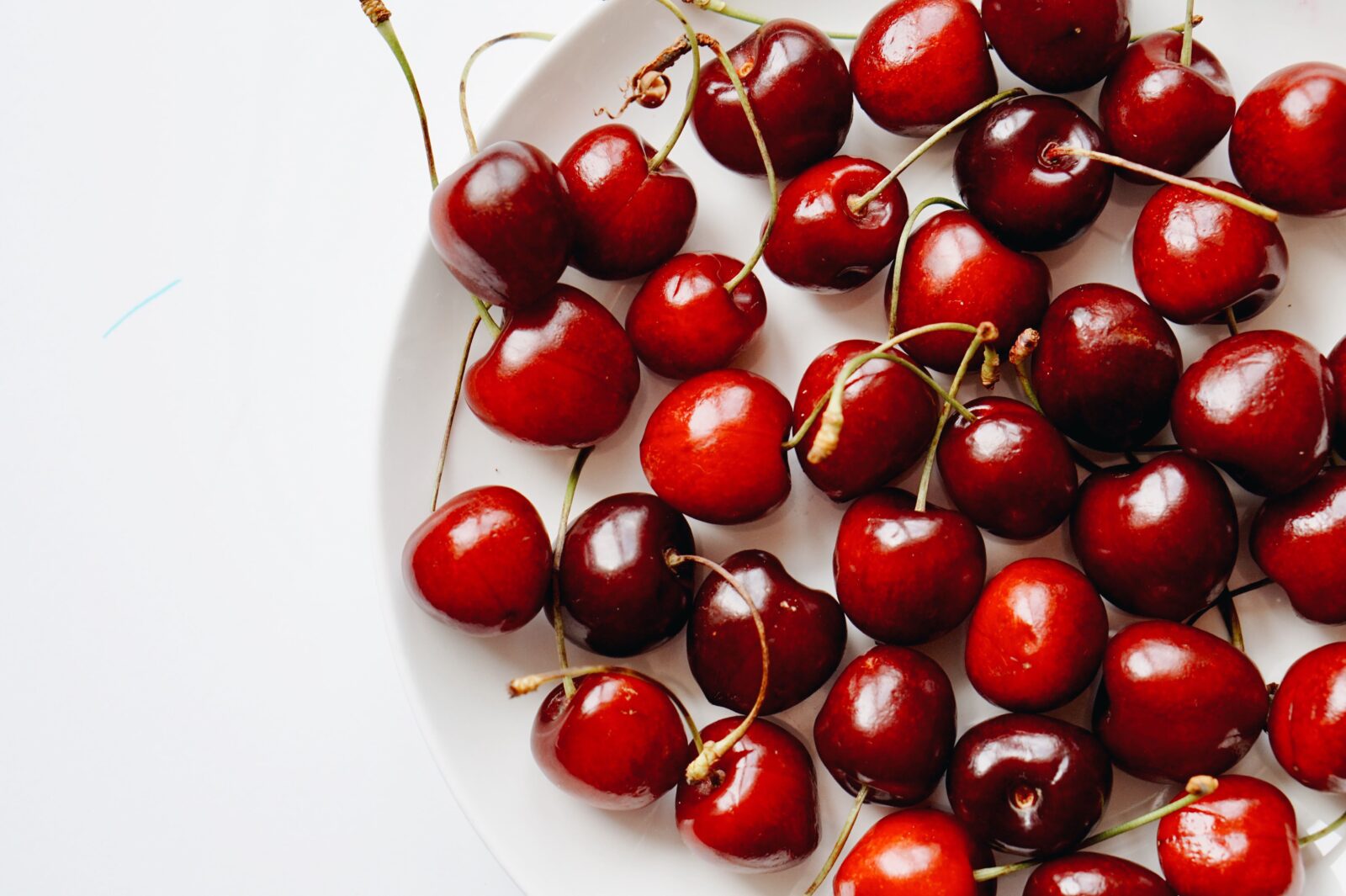
I have seen this firsthand with my husband. When we first married, we lived in Germany and went on a “backpacking” trip to Italy for two weeks in July. By the first day, he turned bright red – like a lobster. After all, this was in the days before we were making headway in healthy and holistic living, and this was the just norm from then on. We always joked about his skin, not knowing we could change it.
After moving to West Texas (and the brutal sun rays we experience here), my daughter and I have never had a significant sunburn problem. I have always attributed this to the fact that we are free-range butter eaters. My husband and son, on the other hand, will turn pink rather quickly. After explaining why they should eat more butter and initiating them into the “free-range butter eaters” club, things started to change rapidly. Now we can all spend hours in the sunshine before applying safer sunscreen without turning bright pink.
You might think butter is sunscreen. I often joke with Nate that butter can solve any problem that you may have. It is the best form of sunscreen and one of my all-time favorite food groups.
Growing up in South Africa, I have always had a relatively healthy respect for the sun and carried that into my adult life. I rarely get destroyed by the sun, and I attribute that to my diet. Basically, a nutrient-dense whole-food diet, filled with nutrient foods for sun protection specifically. As I have said, I am not entirely against sunscreen (as long as it is non-toxic.) But it should always be the second line of defense.
Why do we need sunshine?
Our bodies need vitamin D, and sunlight is the very best and most available form of vitamin D. The problem is that when you are covered up in sunscreen all day long, every single day, you are missing out on this very vital fat-soluble vitamin (actually a hormone.) Above all, moderate (and safe) sun exposure is not harmful. In fact, not getting enough sunshine is what is harmful to the body.
I could spend many hours explaining why vitamin D is essential, but I will stick with the basics for now. For women, vitamin D benefits hormone balance and eliminates excess estrogen. This is key to diminishing PMS symptoms, hormonal acne, painful periods, and fertility issues.
Immune cells are also a receptor site for vitamin D, so it is essential (especially if you have an autoimmune disease) to get plenty of sunshine and soak up all that vitamin D.
Sunshine is my favorite form of vitamin D because it is free. Furthermore, the skin can regulate its conversion into the active and absorbable form. The other cool thing is that the skin can store vitamin D reserved for the future.
So do not fear the sun, respect the sun, and practice safe sun exposure.
Simple foods for sun protection
Anti-Inflammatory Foods
Sunburns are an inflammatory response. Therefore it is important to avoid foods that add to inflammation, such as; processed wheat and grains, refined and artificial sugars and sweeteners, and processed vegetable oils. These products will only add to the inflammation burden and will not help the body’s natural inflammatory response. Refined and artificial sugars and processed vegetable oils increase the body’s advanced glycation end-products. As a result, this quickens the aging process and creates an environment far more likely to absorb the sun’s harmful rays and burn the skin.
Food sources: beets, blueberries, pineapple, raspberries, strawberries, watermelon, coconut oil, turmeric, ginger, mushrooms, raw honey, basil, other herbs, cherries, garlic, and green tea.
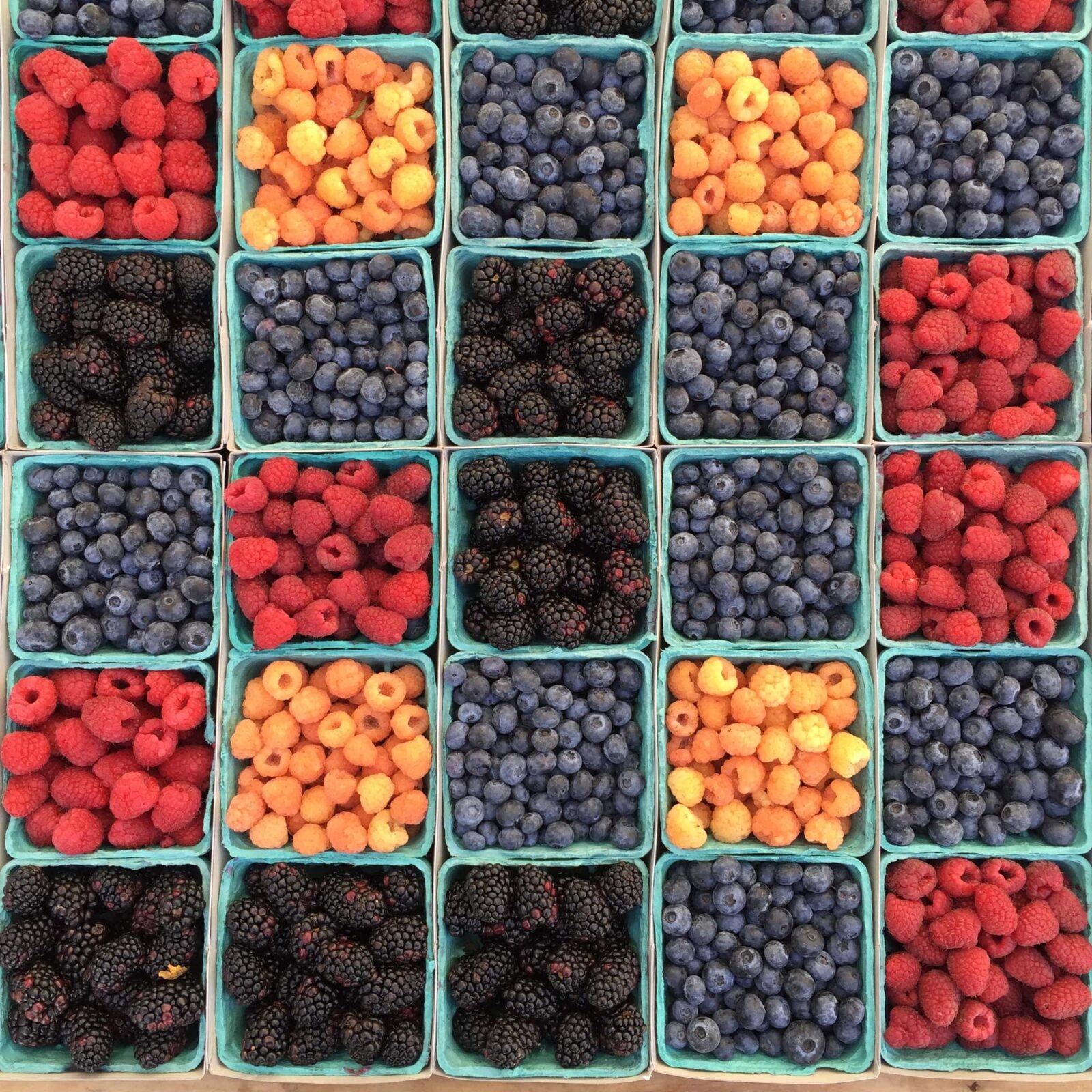
Quality, Healthy Fats
Fats are the building blocks for every cell because each cell membrane has a fatty bi-layer. Maning that healthy fats are key to cellular health and reducing inflammation. Saturated fats are responsible for helping the body’s natural inflammatory response (which, as mentioned before, is all that sunburn is), so eating these foods for sun protection will help prevent sunburns in the first place.
Food sources: butter, ghee, tallow, duck fat, organ meats, beef, and organic coconut oil.
Supplements: desiccated beef liver capsules
Antioxidants And Vitamin C
Antioxidants help protect the body against free radicals and therefore help to reduce inflammation. Lycopene (found in tomatoes – make sure to buy organic and local if possible) can help protect the body and skin from the sun’s harmful UV damage. Vitamin C helps the body maintain and build collagen as well as protect the body against free radicals. So consuming extra vitamin C will help boost all the nutrients you already eat.
Food sources: sweet potatoes, blueberries, tomatoes, strawberries, avocado, olives, goji berries, dark chocolate, artichokes, elderberry, cranberries, blackberries, cilantro, carrots, pomegranates, grapes, squash, cloves, cinnamon, oregano, turmeric, cocoa, cumin, parsley, basil, ginger, thyme, garlic, cayenne pepper, and green tea.
Supplements: Vitamin C powder
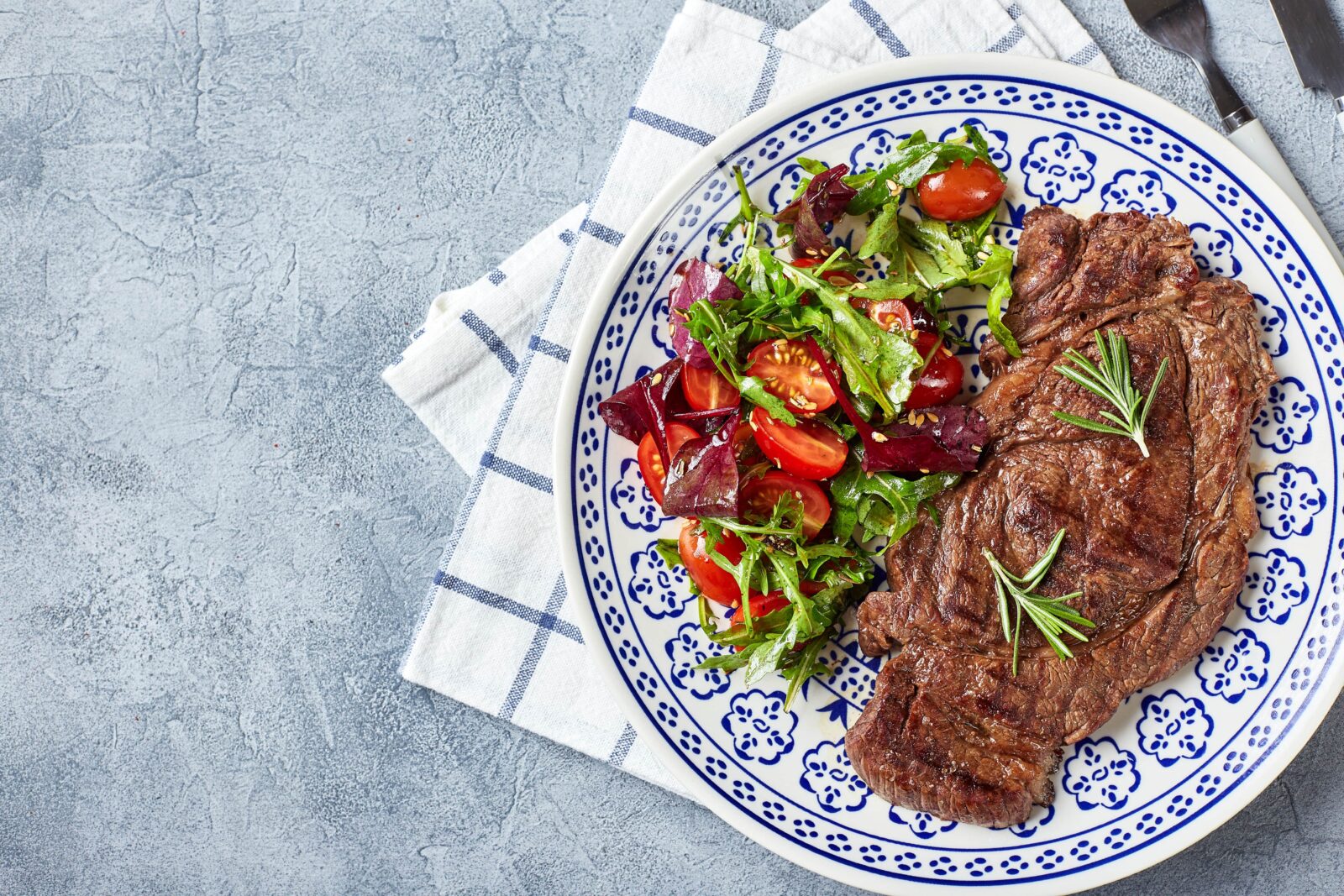
Collagen
of the animal that we no longer consume today. Around 25, the body slowly starts to decrease collagen production, so adding it to your diet is important. Stress also aids in the rapid depletion of collagen. What does collagen do? Well, collagen helps with the skin’s elasticity, keeping it firm and plump. Moreover, it also helps with fine lines and dark spots. It is a super potent beauty powder, as it helps with hair, skin, nail health, and digestive health. Unfortunately, most collagen contains glyphosate residue, so support brands that carry the “glyphosate residue-free” stamp.
Food sources: bone broth (chicken or beef), organ meats, meats on the bone, and eggs.
Supplements: collagen peptides, gelatin, desiccated beef liver capsules
My favorite safer sunscreen options
It is disheartening to learn that most conventional sunscreens are one of the most toxic beauty products on the market and are also the ones most families use often. The harmful ingredients in sunscreen are very powerful endocrine disruptors. Moreover, they are linked to allergies, learning issues, and various cancers.
These toxic concoctions affect our health and damage the fragile coral reef systems. So even though you might not care about the chemicals on your body, protecting the oceans and beautiful Mother Earth is important too.
I love, use, and highly recommend Beautycounter’s Countersun Collection. Beautycounter has eliminated over 1800 harmful ingredients from their products, creating a reliable and safe alternative.
- Mineral Sunscreen Lotion, SPF 30
- Daily Sheer Defense For Face, SPF 25
- Mineral Sunscreen Stick, SPF 30
- Mineral Sunscreem Mist, SPF 30
After sun care recommendations
It is important to keep the skin hydrated after being in the sun. After all, this helps replenish the moisture and nourishes the skin. I recommend staying hydrated with water and a pinch of sea salt and applying some tallow-based body butter and face cream. Speaking from personal experience, this has greatly helped diminish minor burns overnight.
I hope this article was helpful and showed you how to use foods for sun protection and nourish your body from the inside out.
More to read: The Importance of Safer Sunscreen: What You Need to Know and Debunking the Myths: Is Sunscreen Bad For You? (And Why I Don’t Wear It Daily)
Disclaimer: This post is not intended to provide medical advice, diagnosis, or treatment and is for educational purposes only.
To order bulk organic and sustainably harvested herbs and spices, visit Mountain Rose Herbs!
*****
Use code “NURTUREMEWILD” at checkout to save 15% off your first order at Crucial Four!
*****
Use code “NURTUREMEWILD” at checkout to save 15% off your first order at Beekeeper’s Naturals!
*****
Use code “NURTUREMEWILD” at checkout to save 10% off all your orders at Perfect Supplements!
*****
Use code “NURTUREMEWILD” at checkout to save 10% off all your orders at Primally Pure!
*****
Use code “CLEANFORALL20” at checkout to save 20% off your entire first order over at Beautycounter!
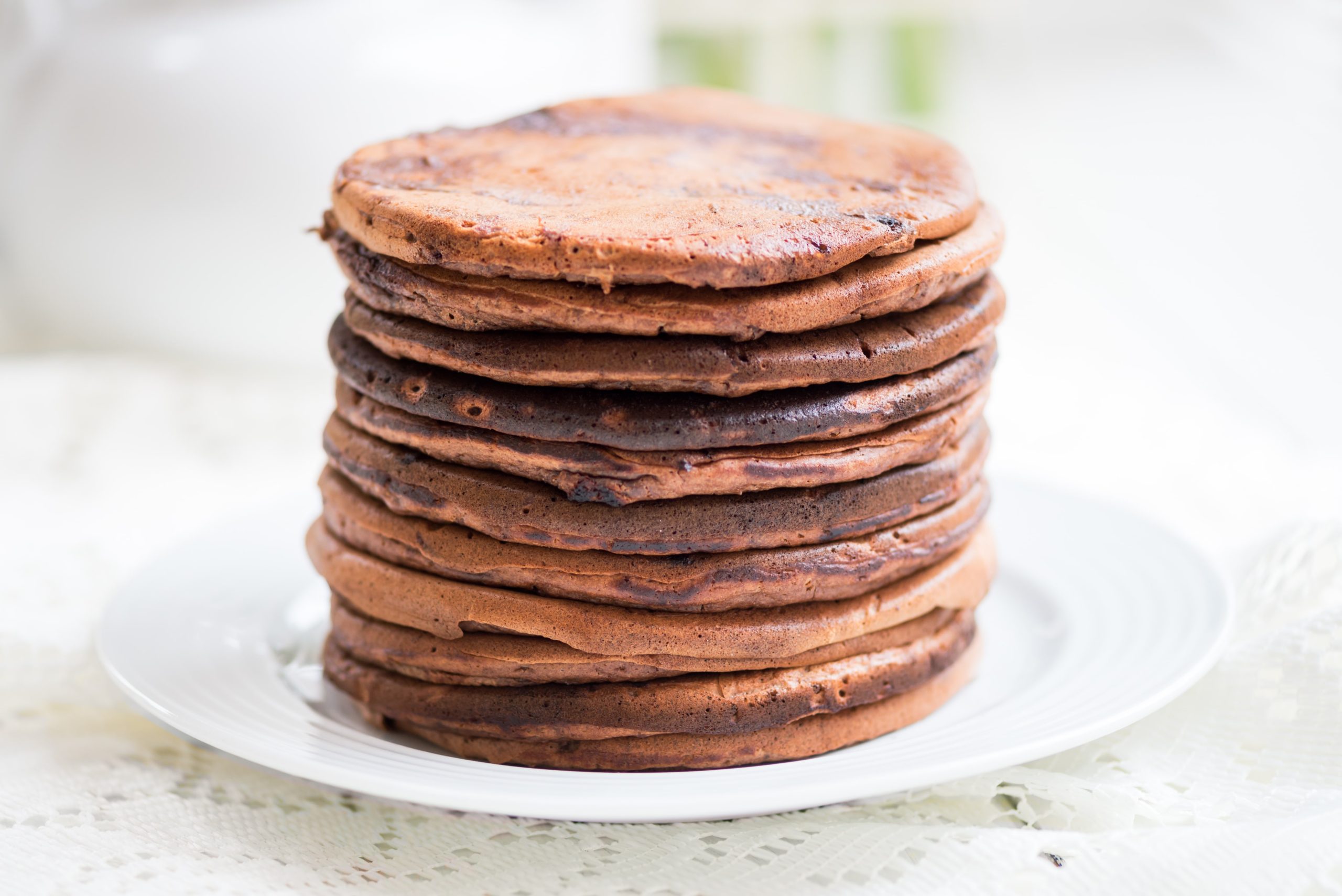
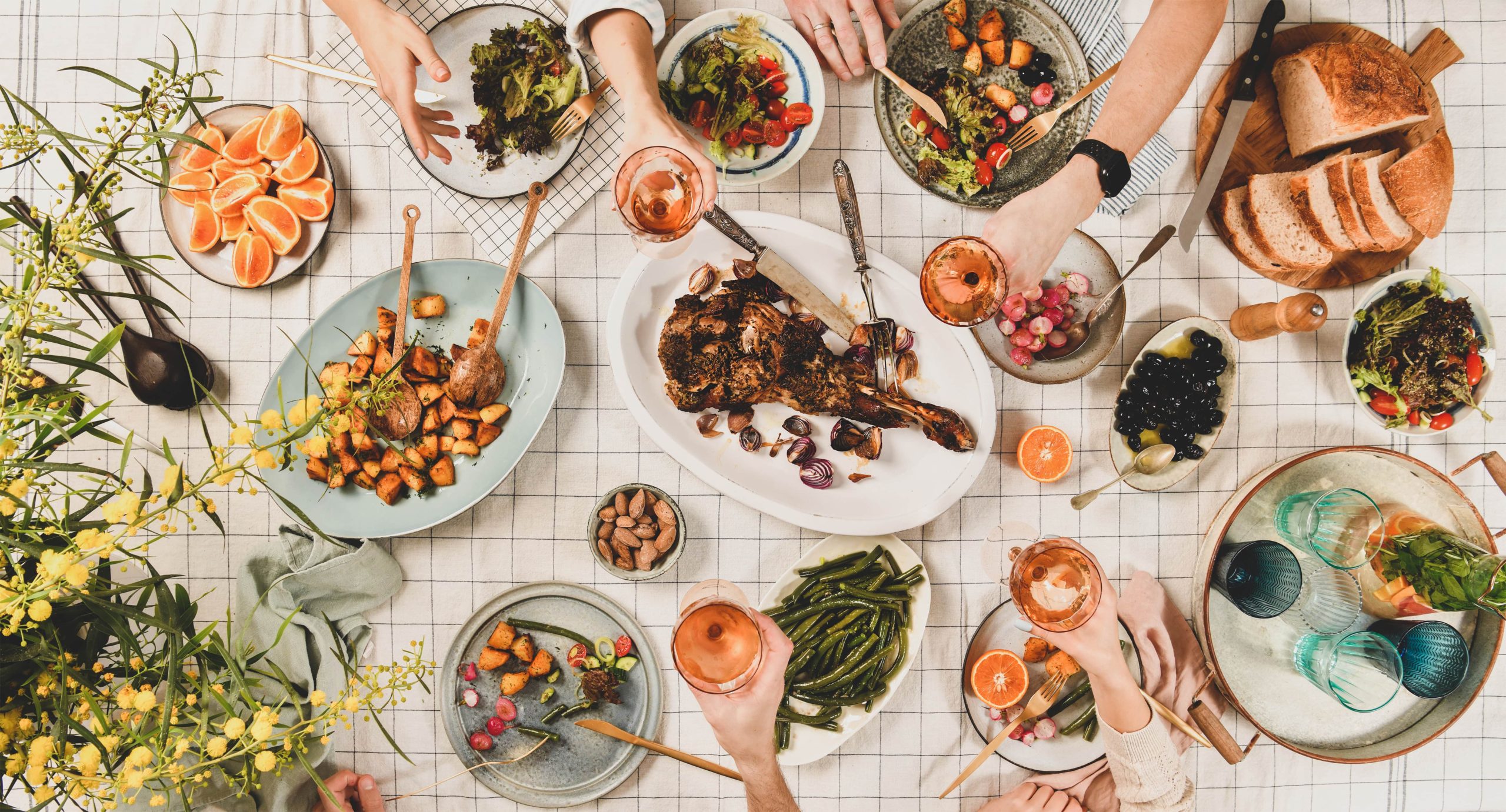
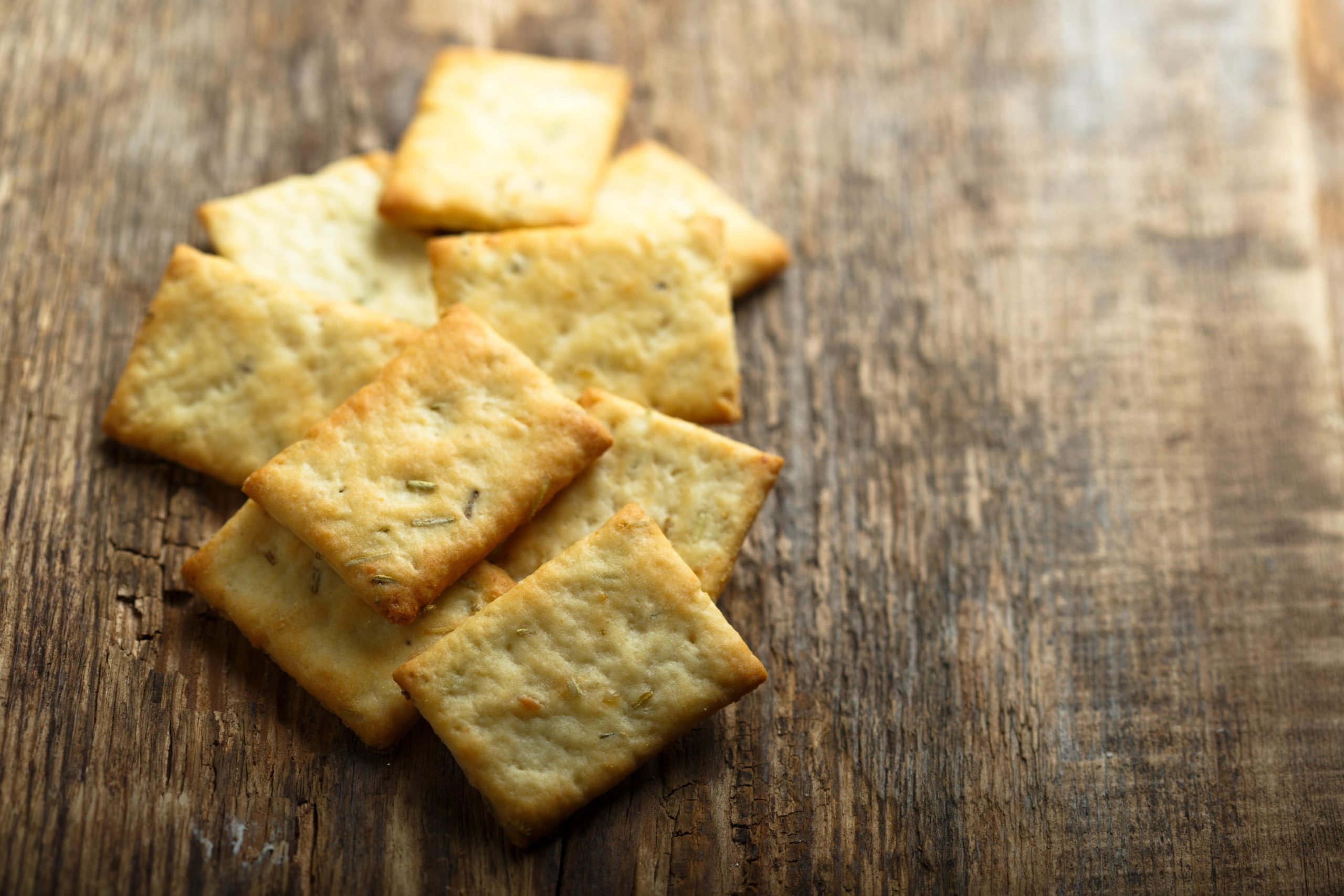
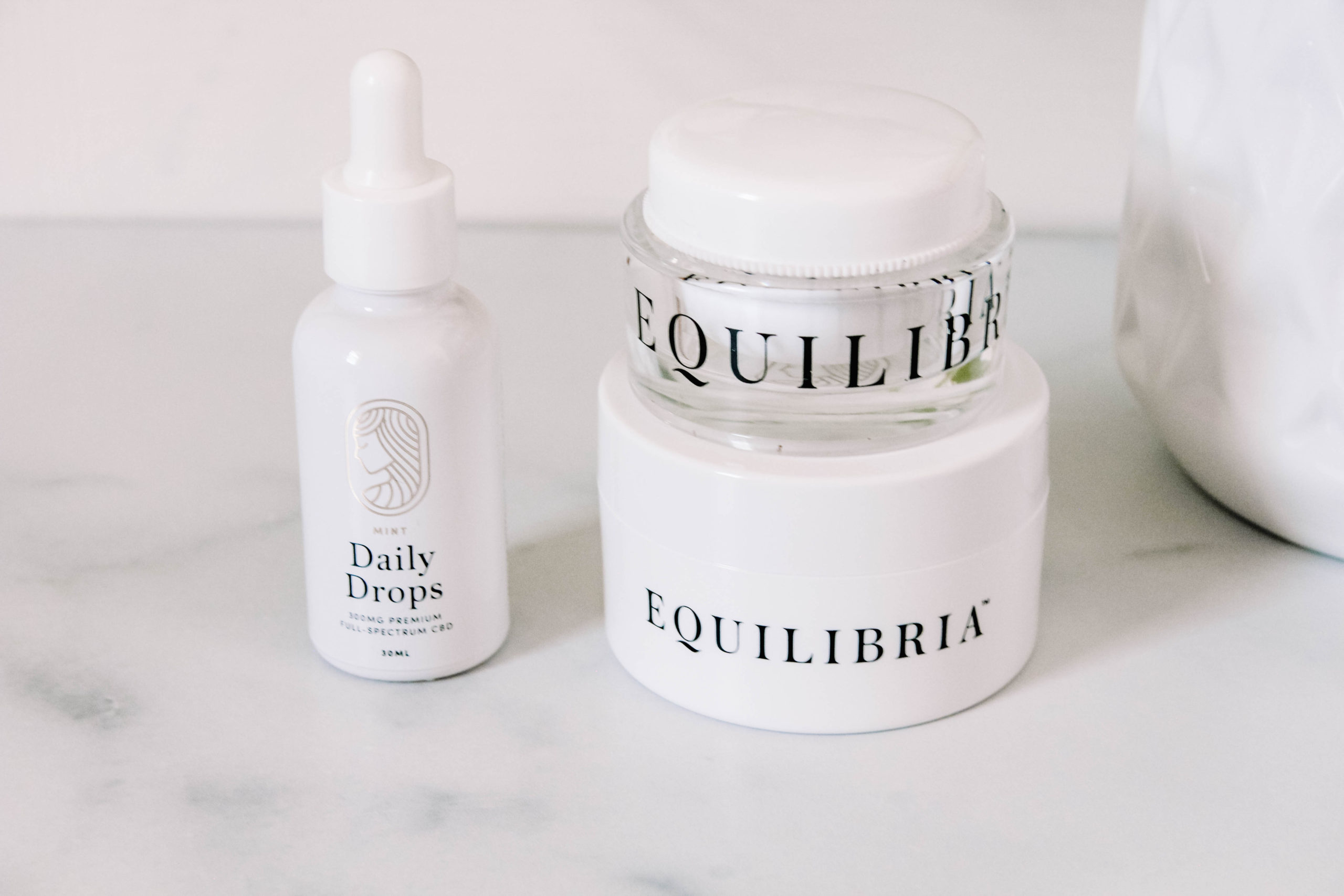
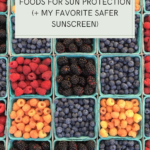
+ view comments